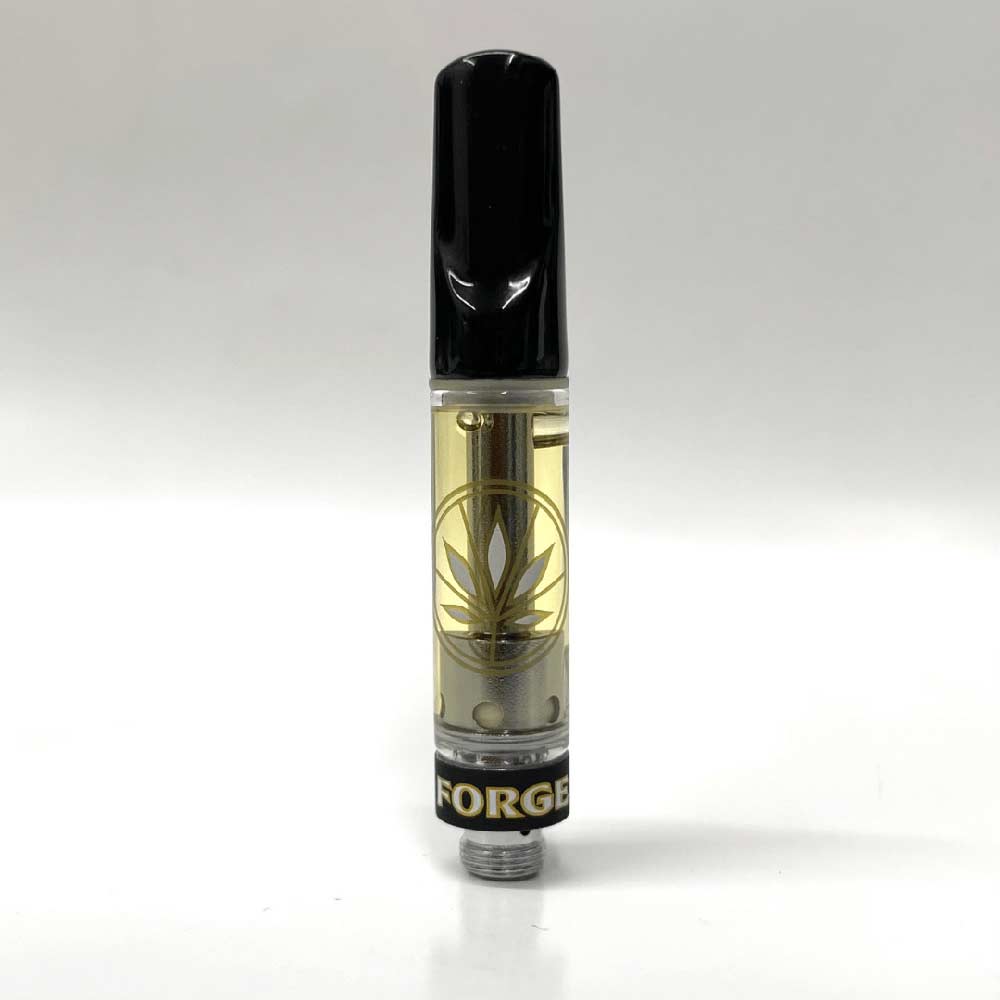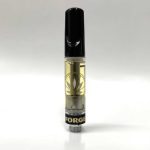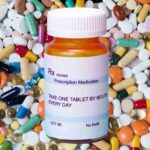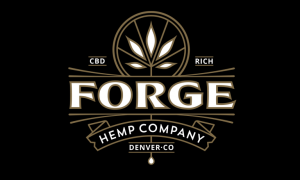HHC is a cannabinoid receiving increasing attention from consumers and brands, but much of the HHC sold online and in stores today is misrepresented. Here’s everything you need to know to stay safe.
HHC, or Hexahydrocannabinol, is a hemp-derived cannabinoid found in trace amounts in hemp seeds and pollen.
While there are genuinely excellent HHC products out there (ours, for example), there are also a growing number of unscrupulous producers seeking to profit off inferior, and sometimes even dangerous, versions of this increasingly popular cannabinoid.
That’s why we decided to do our community a solid by putting together a handy guide to enjoying HHC safely and responsibly.
In addition, our blog features a section designed specifically to help you read an HHC Certificate of Analysis, also known as a COA.
Quick Links
How is HHC made?
In what states is HHC legal?
Why should you buy HHC products online?
How to read a COA?
Where should you buy HHC online?
How is HHC made?
Before we tell you how to spot high-quality HHC, let’s discuss how HHC is made.
In a nutshell, HHC starts with raw hemp plants that are extracted to become powdered CBD isolate. Then the extracted powdered CBD undergoes a chemical reaction to become Delta-8 THC.
Lastly, the Delta-8 undergoes a complex phase of hydrogenation, similar to processes used to produce hydrogenated food oils. In the end, HHC has a unique chemical structure that is different from any type of THC and matches HHC found naturally in low quantities in hemp seeds and pollen.
Unfortunately, some products marketed as pure HHC aren’t hemp-derived and are illegal, if not downright dangerous. A non-hemp-based synthetic product that is somewhat chemically similar to HHC is known as “spice.”
And some manufacturers haven’t mastered hydrogenation, producing a product that is primarily unconverted Delta-8 THC or an unwanted cocktail of minor cannabinoids or unknown compounds. Finally, some products simply pretend to be HHC, with no backing to support their claims.
So how do you spot the real deal from the fakes?
In which states is HHC legal?
Since HHC is a hemp-derived cannabinoid and contains 0.3% or less THC, it is currently legal to consume and purchase in all 50 states based on the 2018 Farm Bill.
As states update their local laws (as many have done for Delta-8 THC), the rules for HHC could change. Of course, we’ll always do our best to stay up to date on state regulations, but ultimately buyers are responsible for adhering to local laws regarding hemp products.
Why should you buy HHC Products online?
There are a few reasons to buy HHC online—some fun, and some due to safety and quality.
-
Product Selection
Let’s start with the fun stuff. Buying HHC online means you have access to a more extensive product selection than you might find in a brick-and-mortar store. And if you purchase online from Forge Hemp Co, you’ll enjoy quick, hassle-free shipping.
-
HHC Deals
Buying online also means you can purchase directly from your preferred HHC brand, taking advantage of occasional sales and promotions.
-
Lab Reports
One of the most compelling reasons to purchase HHC online is the ability to take advantage of a company’s digital paper trail. A reputable HHC producer will be excited to show you the details of their products’ source and chemical composition, so you can make sure you’re getting a high-quality version of the real deal. Reading lab reports is essential to understanding what the HHC product you’re consuming contains.
-
COA Access
A Certificate of Analysis, or COA, is a verified report that provides information about a specific product sample, the company that submitted the sample, and the testing lab itself. For example, a COA for genuine HHC will show you the presence (or not) and potency of many cannabinoids, including HHC.
How to Read a COA
When reading an HHC COA, you’ll first want to identify the lab that performed the analysis.
Since concentrated HHC is so new, there are currently only a handful of testing labs in the United States with the analytical standards to accurately identify and measure its potency. Those include Gobi Analytical, KCA Laboratories, and ACS Laboratory.
It’s a red flag if you don’t see any of these lab names on the COA of the HHC you’re considering.
Unfortunately, according to the experts at KCA Laboratories, less-scrupulous brands are labeling (and selling) products with different chemical structures as “HHC.”
Not only is this practice sneaky and confusing, but it also has the potential to cause real trouble.
While HHC has been studied for safety in humans and animals since its discovery in the 1940s, knockoff compounds haven’t undergone this testing.
As a result, these falsely labeled compounds will disappoint consumers and may even violate the 2018 Farm Bill that makes it legal to enjoy hemp products like genuine HHC.
Where should you buy HHC online?
Sounds scary, right? And nobody likes to get scammed. But if you’re worried about accidentally purchasing fake HHC online, don’t stress; we’re here to help you out with an easy checklist you can use to confirm your sources.
Here are the top three things to look out for when determining if that HHC you found online is the real deal:
1. Is the COA from Gobi Analytical, KCA Laboratories, or ACS Laboratories with a QR code?
Some fake HHC producers are sneakily adding the logo of the reputable labs that perform HHC analysis to trick consumers.
Real lab reports include scannable QR codes right on the document, so you can scan any COA and make sure it’s identical to the information listed on the testing lab’s site. No QR code? No thanks.
2. Does the COA identify the brand or seller as the client?
Disreputable brands sometimes “borrow” good test results to represent untested products. Some hemp sellers have good intentions but may have partnered with a laboratory or supplier that provided inaccurate results, and some might just be sneaky. Either way, while third-party testing is expensive for sellers, it’s required to keep consumers like you safe and informed.
3. Does the COA show appropriate levels of 9R-HHC & 9S-HHC?
Pure HHC, without added terpenes or other blended ingredients, should have 98%+ 9R-HHC and 9S-HHC. There may be trace amounts of Delta-8 THC present (less than 0.3%) and trace minor cannabinoids, such as CBN or CBC.
Terpenes are generally added to vape products at 2.5-5.5%, and edibles or tinctures will include other non-cannabinoid ingredients that reduce the overall HHC content to a specific amount (e.g., 10mg, 25mg, 50mg per serving).
A COA for HHC products should not show significant percentages of “unknown cannabinoids,” or THC or minor cannabinoids unless advertised as intentionally added ingredients. In a recent paper, KCA Labs details the scientific method for identifying authentic HHC from fake HHC and other cannabinoids.
Checking the COA components mentioned above doesn’t guarantee that the product you purchase from any company (aside from Forge Hemp Co) is real HHC. Still, it can empower you to make informed decisions about a new cannabinoid in a largely unregulated industry.
If you have questions about HHC, our exclusive HHC supplier (Colorado Chromatography Labs), or our COAs, please email us at info@forgehemp.com. We’re passionate about high-quality, genuine HHC, and we want you to be too!






